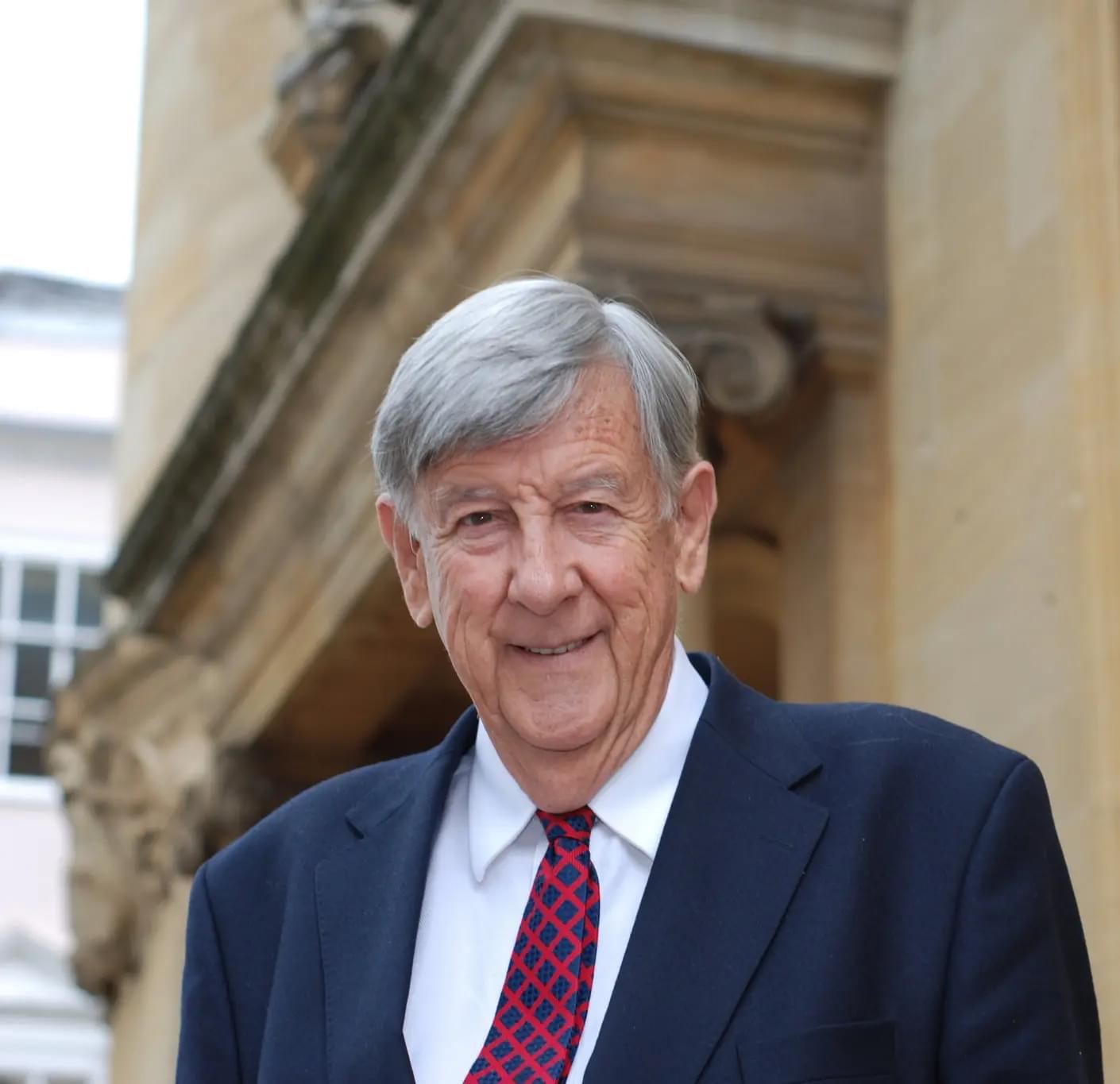James Martin Named 2007 Guardian Award Winner
This year’s recipient is Dr. James Martin. The award is in recognition of the achievements of his Future of Humanity Institute in studying global catastrophic risks and impacts of future technologies.
James Martin founded the James Martin Institute for Science and Civilization in 2004. Then, with the largest alumni philanthropic donation ever made to a UK university, he gave $100 million in 2005 to found the groundbreaking James Martin 21st Century School at the University of Oxford. Its mission is to utilize integrated scholarship across a range of disciplines to identify, research and find solutions to the biggest challenges facing humanity in the 21st Century. The School is bringing together brilliant scholars and practitioners from around the world to pursue world-class leading-edge research, teach, and influence policy in areas that are critical to the 21st century.
He also founded The Future of Humanity Institute, also in 2005, as part of the James Martin 21st Century School. The mission of FHI is to pursue big picture questions for humanity. It studies how anticipated technological developments may affect the human condition in fundamental ways, and how we can better understand, evaluate, and respond to radical change. It does this from a multidisciplinary perspective. FHI currently runs four interrelated research programs: human enhancement, global catastrophic risks, methodology and rationality, and impacts of future technologies.
FHI also works to promote public engagement and informed discussion among stakeholders in government, industry, academia, and the not-for-profit sector. Since its recent founding, its advice has been sought by governments and influential organizations such as the European Commission, the House of Commons Technology Select Committee, British Medical Association, the President’s Council on Bioethics, and the World Economic Forum.
Dr. Martin has written 102 textbooks, some of which were seminal works that changed perceptions in the Information Technology (IT) industry. Computerworld, in its 25th anniversary issue, ranked him fourth among the 25 individuals who have most influenced the world of computer science.
The Wired Society, written by him in 1977 was nominated for a Pulitzer Prize, and contained remarkably accurate and timely descriptions of the use of computers and the Internet 25 years later. He is well known for the accuracy of his predictions about high technology and its impact on modern society. His 1997 book Technology’s Crucible, includes a prescient scenario that depicts Arab terrorists and a major terrorist attack on New York City.
In addition to his Litt.D. from Oxford University, he has received honorary doctorates from institutions in six continents.
